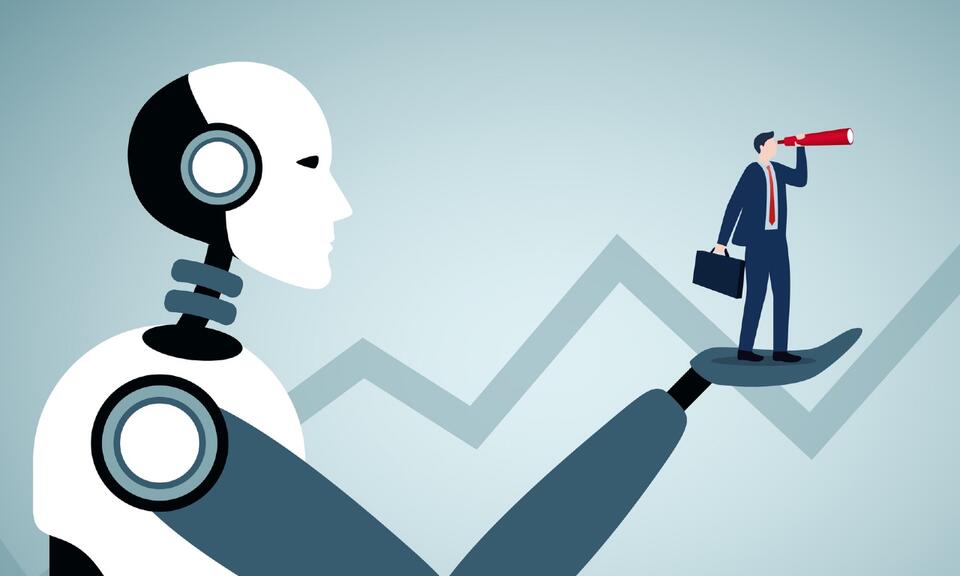AI and the Corporate Sector: A Transformative Journey

Over the past five years, AI has revolutionized the corporate world in ways we couldn’t have imagined. The impact of COVID-19 accelerated these changes, making work both easier and tougher at the same time. This duality is fascinating because while AI has streamlined many processes, it has also introduced new challenges.
Before COVID-19, AI was already making strides in automating repetitive tasks, enhancing data analysis, and improving decision-making processes. Companies were gradually adopting AI tools to optimize operations and increase efficiency. According to a report by Gartner, by 2019, around 37% of organizations had implemented AI in some form . However, the pandemic acted as a catalyst, pushing businesses to embrace AI at an unprecedented pace. Remote work became the norm overnight, and AI played a crucial role in making this transition smooth.
One of the most significant changes has been in communication and collaboration. AI-powered platforms like Zoom, Microsoft Teams, and Slack have become indispensable. These tools have not only made remote work possible but also enhanced productivity by offering features like automated scheduling, real-time transcription, and advanced data analytics. According to Microsoft, usage of Teams grew from 32 million daily active users in early March 2020 to 115 million by October 2020 . Work has become easier because we can collaborate from anywhere, access information instantly, and automate mundane tasks.
However, this new way of working also brings its own set of challenges. The reliance on AI and digital tools means that employees must continuously upskill to keep pace with technological advancements. The World Economic Forum predicts that by 2025, 85 million jobs may be displaced by a shift in the division of labor between humans and machines, while 97 million new roles may emerge that are more adapted to this new world . There’s also the pressure of being constantly connected, which can blur the lines between work and personal life, making it tougher to disconnect and relax.
Moreover, AI has transformed data management and decision-making. With the ability to process vast amounts of data quickly, AI provides valuable insights that drive business strategies. This has made work easier by enabling data-driven decisions, but it also means that employees need to develop new analytical skills to interpret and act on these insights.
In conclusion, the last five years have seen AI fundamentally alter the dynamics of the corporate sector. COVID-19 accelerated this transformation, making work both easier and tougher. While AI has streamlined many processes and enhanced productivity, it has also introduced new challenges that require continuous learning and adaptation. This dual nature of AI’s impact is what makes it such a compelling and transformative force in the corporate world. Balancing the benefits with the challenges will be key to navigating this exciting new era.
Sources:
1. Gartner Report: [Adoption of AI]
(https://www.gartner.com/en/newsroom/press-releases/2019-01-21-gartner-says-37-percent-of-organizations-have-implemented-ai-in-some-form)
2. Microsoft: [Teams Usage Growth]
(https://www.microsoft.com/en-us/microsoft-365/blog/2020/10/27/microsoft-teams-reaches-115-million-daily-active-users-plus-a-new-feature-for-teams-rooms-on-android/)
3. World Economic Forum: [Future of Jobs Report 2020]
(https://www.weforum.org/reports/the-future-of-jobs-report-2020)